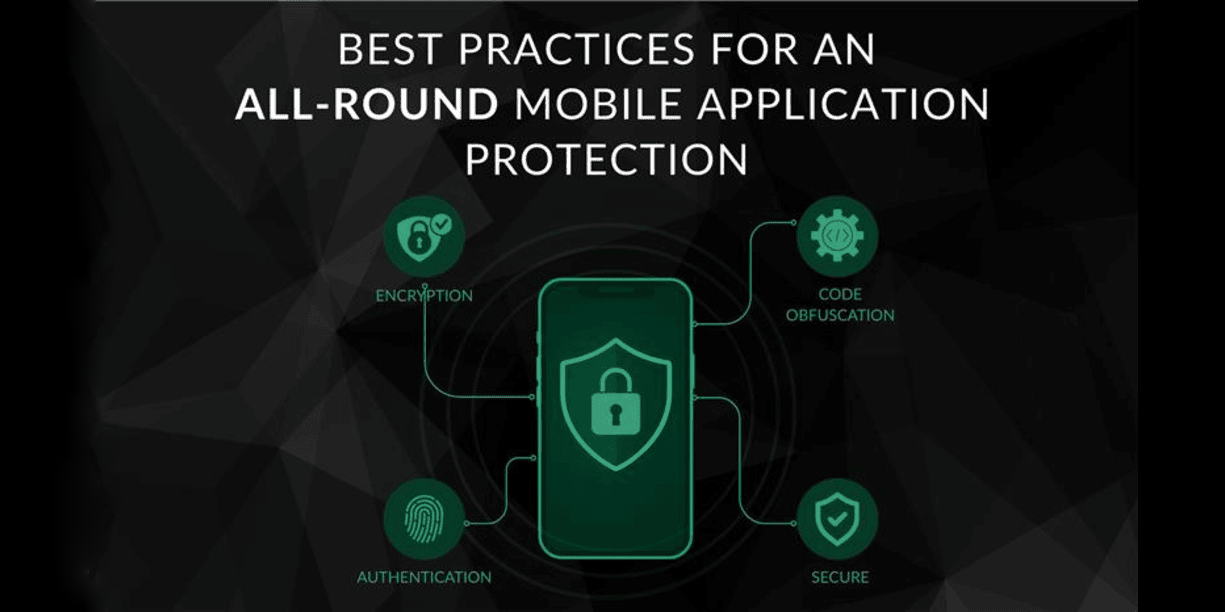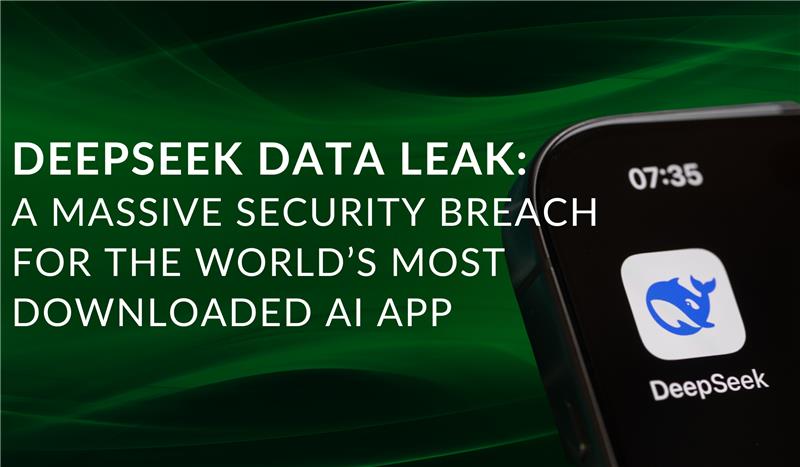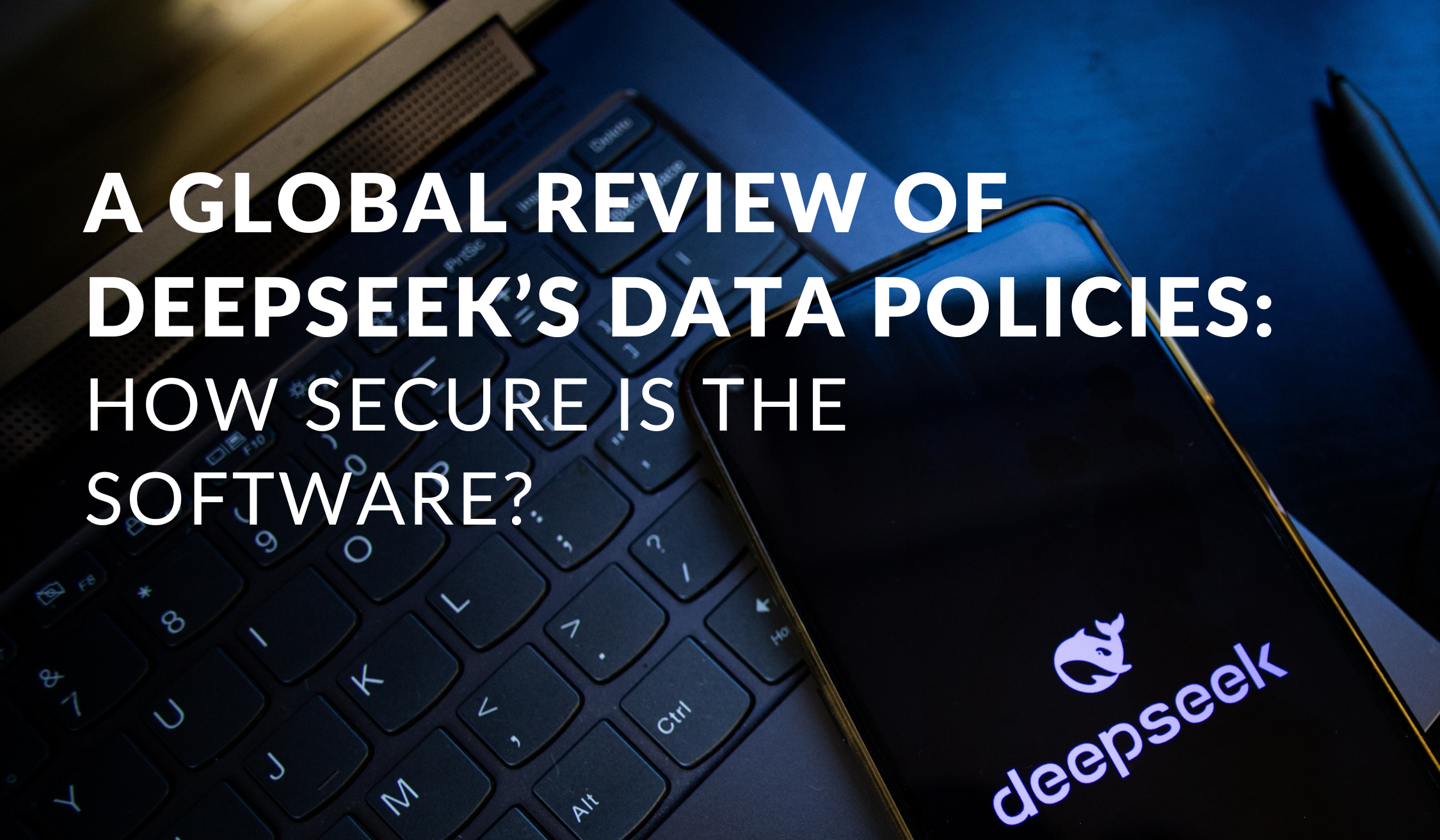How many elements of your life do you manage online nowadays? Your business interactions, your personal insurance information, your driver’s licence and your car registration. Plus, of course, almost every dollar that you own is all sitting there protected by the flimsy fence of a thumbprint or an eight digit password.
The rapid progress of technology means that services are increasingly migrating online. Consumers are expecting to be able to transact in a digital environment, by logging onto a website, downloading an app or interacting with a screen at a kiosk.
All this makes for ease, convenience and speed, but at what cost?
As digital technology evolves, the major concern is that digital security is not keeping up the pace.
Research shows year after year that consumers overwhelmingly rely on the same 25 passwords to access their many personal accounts – genius creations like ‘123456’, ‘password’ and ‘welcome’. This makes the thousands of global hackers a very easy living… once they’ve broken through they can pilfer accounts and steal entire identities.
A personal breach of online security can have nasty consequences. On a corporate scale the repercussions are much, much worse.
Companies like Sony, Tesco, Ashley Madison and even Yahoo! have experienced this first hand, finding themselves forced to disaster manage leaked emails, the mass exposure of customer information and the loss of millions of customer dollars. The US Government had a similar wakeup call when so-called whistleblower Edward Snowden leaked thousands of National Security Agency documents and the Australian Government has not been immune to infiltration by overseas hackers. Even Mattel’s ‘Hello Barbie’ missed out on a huge sales
opportunity when it was revealed that the interactive and wifi connected doll was hackable to the point that she could be made to “spurt out questionable phrases”.
These kinds of PR disasters have the potential to destabilise reputations and destroy entire careers. In many cases, these security failures could be prevented by a more comprehensive and thorough approach from the ground up.
We are heading into an increasingly digital future. While customers do have a responsibility to think more creatively than ‘qwerty1!’ when it comes to passwords, every company that calls itself a digital business must make security a priority.
Every product, every upgrade and every new release needs to take security into account just as much as design, functionality and user experience.
At an entry level, engineering students need to comprehend the importance of security in everything they create. At a project level, security needs to be on the agenda from the planning stage. It is not an optional extra to be considered and tacked on a few days before launch (many companies don’t even do this much).
Prevention, not cure is the only answer when it comes to ensuring that private and sensitive information is safe from being compromised at all times. Security needs to be one step ahead of the criminal set at all times and to be implemented in multiple layers so that one ‘hole in the fence’ doesn’t allow for entire system to unravel.
Going forwards, it will be sink or swim and the companies that take security seriously will have the advantage over the competition.






